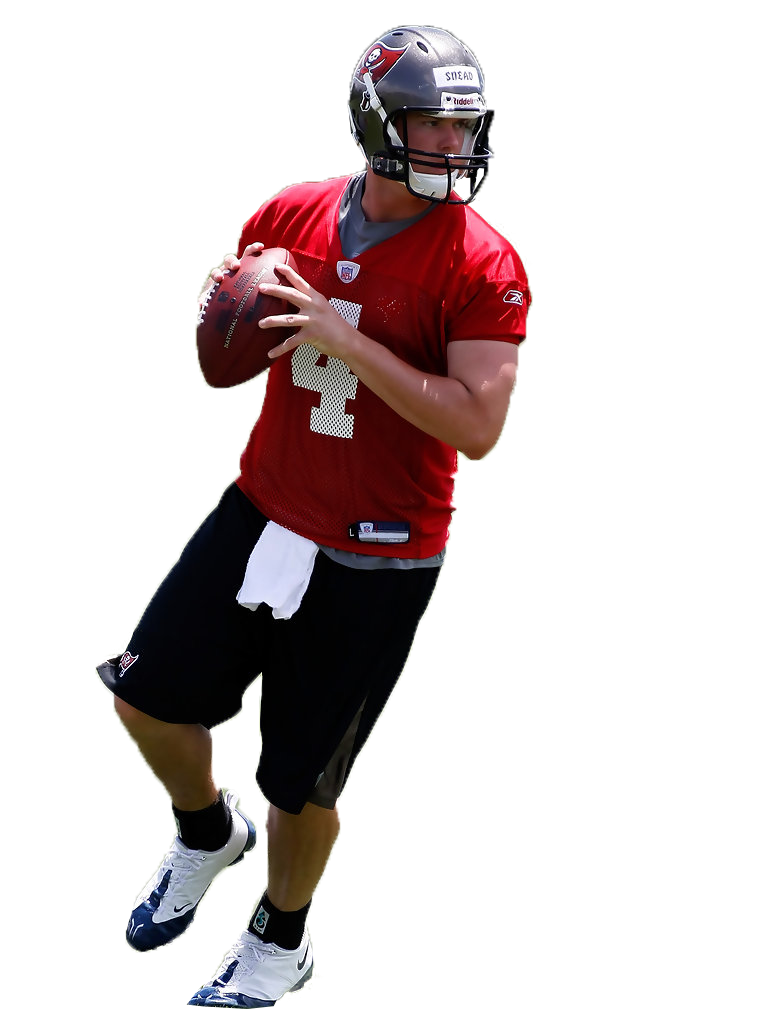Whether prospects should enter the NFL Draft early
By Eric Wilkins, Sports Editor
It’s the time of year when college football players make their decision whether to declare for the NFL early or head back for another year of grooming—it’s a choice many get wrong. Completely wrong.
The initial thought through the minds of many is to go for the bright lights and substantial financial draw of the NFL as soon as possible, but, as with many get-rich-quick schemes, the end result doesn’t always match up with one’s hopes. There is no such thing as a sure thing.
Former Ole Miss quarterback Jevan Snead was thought of as a potential first overall pick coming out of his sophomore season; however, his draft stock took a substantial hit when he threw 20 touchdowns and 20 interceptions as a junior. Unwilling to head back for his senior year, and perhaps believing teams would still value the potential he had flashed previously, Snead declared for the draft. Not a single team was interested, and Snead watched seven rounds fly by without his name called. He got a brief look as an undrafted free agent with the Tampa Bay Buccaneers and the Tampa Bay Storm (of the Arena Football League) but neither worked out. For all intents and purposes, his professional football career is over.
With that in mind, returning to school may seem to be the obvious route, but there are risks associated with this as well. No player, no matter how good, is ever guaranteed a good season. Along with this, injuries are a constant threat. Throw together a bad year and an injury, and you’ve got the makings of a perfect storm down the rankings. A confident campaign for a Heisman can quickly turn into a nightmare.
A recent example is former USC quarterback Matt Barkley: he was projected as a top-10 pick for the 2012 draft, but citing “unfinished business” he put the NFL on hold and headed back for his senior season. He had a miserable go of it. Barkley struggled, finished on the injury list, and USC ultimately lost six games. He was drafted in the fourth round by the Philadelphia Eagles.
As illustrated by the above examples, there is no set answer for whether players should try for the NFL early or keep playing college ball; however, a good rule of thumb is to make the jump while the going’s good. Staying in school is all fine and dandy, but let’s face it, most of these guys are never going to make use of that expensive piece of paper and a college championship isn’t going to pay any bills. If getting drafted high is as close to a sure thing as possible, then go for it. On the flip-side, if the projections aren’t looking good, don’t force it.

